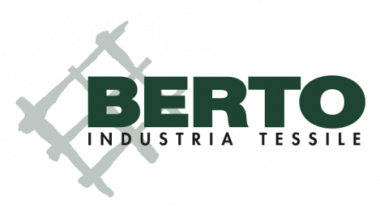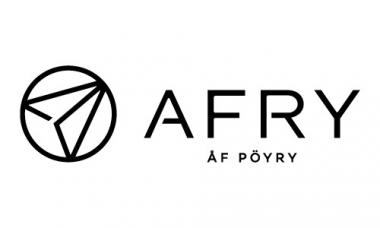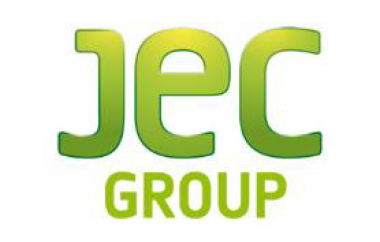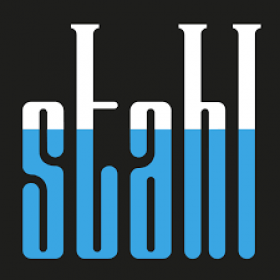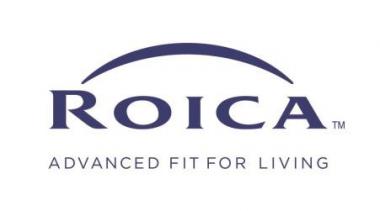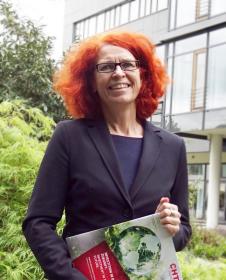GOTS appoints Protection Officer North America
Travis Wells, JD, MBA, has been appointed as GOTS Protection Officer North America. In this newly created position, he will be identifying and advising companies that are making unsubstantiated claims regarding GOTS signage.
An increasing number of companies are eager to use GOTS certified materials and want to make claims regarding GOTS content on their finished products. However, the correct use of the trademarked logo is strictly regulated in CUGS 3.1. – The conditions for the use of GOTS signs. A GOTS claim on finished products guarantees the consumer that every single step in the textile processing supply chain was certified. As soon as one stage in the supply chain is not certified, a company may not label or mention GOTS on their final product.
As a Sustainable Supply Chain Director, Travis has more than 20 years of experience advising fashion and apparel-related businesses on sustainable sourcing, product development and manufacturing in domestic and global markets. He earned his Bachelor of Arts (B.A.) in International Studies from Vassar College, his Juris Doctorate (J.D.) in Corporate Law from George Washington University Law School and his Master of Business Administration (MBA) in Global Sustainability and Finance from the Gabelli School of Business at Fordham University.
GOTS
















